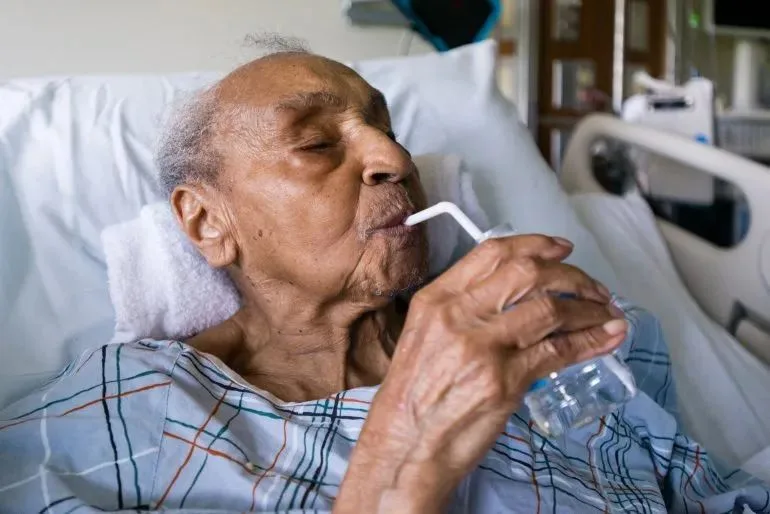Serious Illnesses Lengthen Hospital Stays After Elective Surgery for Older Adults
Elective surgery can significantly improve the quality of life for older adults, but pre-existing health conditions can impact recovery. A recent study reveals that older individuals with serious illnesses who undergo elective surgical procedures experience significantly longer hospital stays compared to their healthier peers.
The Impact of Pre-existing Conditions
The research highlights a concerning trend: older adults entering elective surgery with serious illnesses face hospital stays that are, on average, twice as long. This prolonged hospitalization can lead to increased healthcare costs and a greater risk of complications.
Key Factors Contributing to Extended Stays:
- Increased risk of post-operative complications.
- Slower recovery rates due to weakened immune systems.
- The need for more intensive monitoring and care.
Implications for Patients and Healthcare Providers
Understanding the impact of pre-existing conditions is crucial for both patients and healthcare providers. Patients should openly discuss their health history with their surgeons to develop a comprehensive surgical plan. Healthcare providers can use this information to optimize pre-operative care and manage expectations regarding recovery time.
Strategies for Minimizing Risks
While pre-existing conditions cannot be eliminated, several strategies can help minimize the risks associated with elective surgery:
- Thorough Pre-operative Assessment: A comprehensive evaluation of the patient’s overall health.
- Optimization of Health: Managing pre-existing conditions, such as diabetes or heart disease, before surgery.
- Enhanced Post-operative Care: Providing close monitoring and support during the recovery period.
Final Overview
For older adults considering elective surgery, it is essential to recognize the potential impact of pre-existing serious illnesses. By working closely with healthcare providers and taking proactive steps to optimize health, patients can improve their chances of a successful outcome and a smoother recovery.




+ There are no comments
Add yours